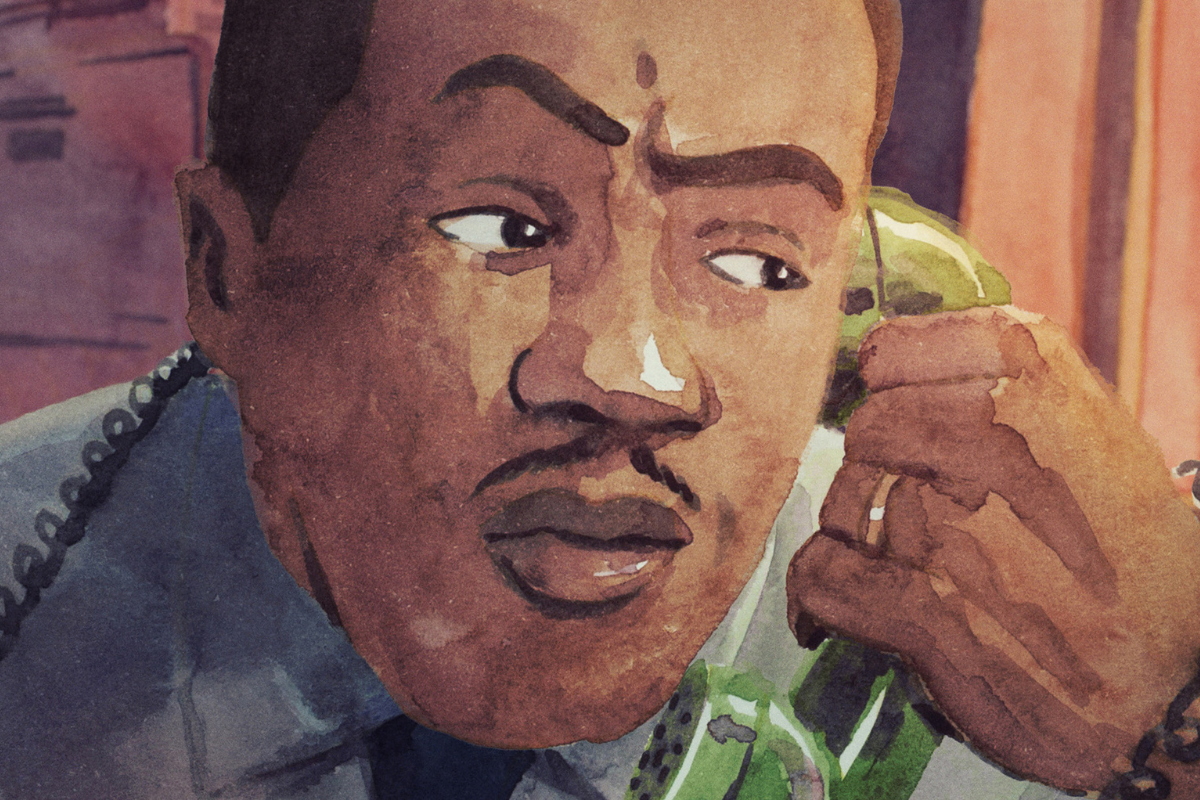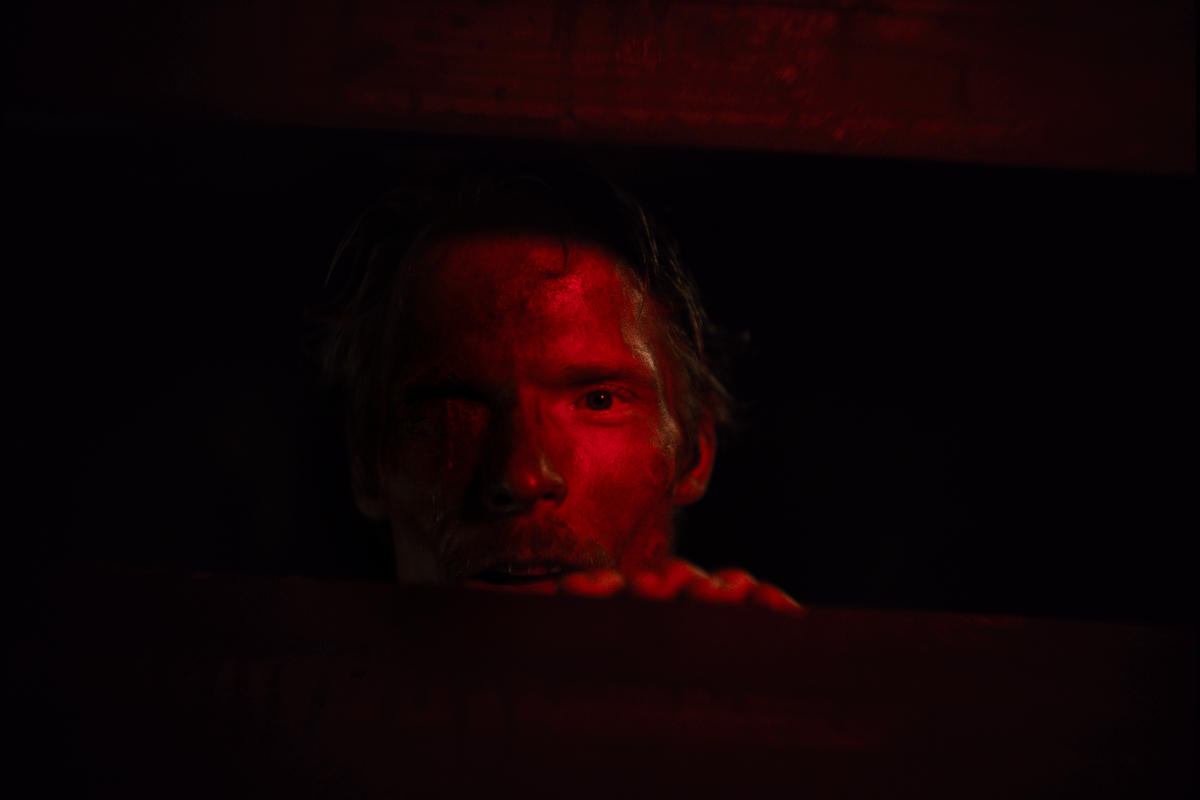INTERVIEW: Aaron Sorkin on Molly’s Game
Writer/Director Aaron Sorkin spoke with Script magazine about bringing the unusual story of Molly’s Game to the screen in his directorial debut.
Career journalist Andrew Bloomenthal has covered everything from high finance to the film trade. He is the award-winning filmmaker of the noir thriller Sordid Things. He lives in Los Angeles. More information can be found on Andrew's site: www.andrewjbloomenthal.com. Email: abloomenthal@gmail.com. Twitter: @ABloomenthal
Notorious underground cards game runner Molly Bloom, aka “The Poker Princess,” might still be open for business, had she not begun taking “rakes”—or percentages, of the multi-million-dollar pots her games routinely drew. This Federal no-no, which led to her 2013 arrest, put the permanent kibosh on the often days-long, drug-fueled Texas hold 'em sessions, enjoyed by A-list actors, Wall Street fat cats and Russian mobsters alike—none of whom blinked at the $250,000 buy-ins.
Bloom fully cops to crossing the legal line, explaining, “I started out just serving drinks, and then I became a game runner, and then I ultimately became the bank, extending credit to these guys and essentially loaning them money. But I was tired of getting stiffed and writing big checks for people who didn’t pay, so I began taking a percentage of the pot, like Vegas does. That’s when I crossed over and broke a Federal law.”
But before her game imploded, Bloom excelled at what she did—not surprising, given how her overbearing father demanded academic and athletic excellence, from the cradle. Bloom might have been an Olympic downhill skier, had she not wiped out during a qualifying run. And she might have been an ace litigator, had she not taken a gap year before law school, during which time she became Gal Friday to a sleazy Los Angeles real estate investor, who enlisted her help running his own weekly games. Bloom never imagined serving cheese platters to a bunch of chest-beaters in a seedy man cave would one day lead to 17 FBI agents banging down her door.
In her aptly-named book Molly’s Game, Bloom chronicled her tale to this point. In the film adaptation, starring Jessica Chastain in the titular role, writer-director Aaron Sorkin picks up where the memoir left off, as Bloom faces the legal music and lawyers up with Charlie Jaffey (Idris Elba), a fictional version of Bloom’s real-life criminal defense lawyer. Though Jaffey initially dismissed Bloom as an attention-seeking ne’er-do-well unworthy of his representation, he was eventually won over by Bloom’s refusal to save her own ass by naming other illegal operatives connected to the game. Sorkin was equally fond of his real-life subject.
“Molly’s integrity and her desire to do the right thing—when doing the wrong thing would have been much more profitable and would have guaranteed her freedom—are qualities you usually only find in fiction,” says Sorkin. “I was excited to show Molly as an honest-to-god movie heroine, found in a very unlikely place: an underground poker game. That was irresistible to me.”
With five Emmys under his belt for The West Wing, and a Best Adapted Screenplay Oscar win for The Social Network, Sorkin spoke to Script magazine about bringing this unusual story to the screen, in his directorial debut.
Did you study up on the psychology of poker players, to better direct the actors?
As far as the psychology of poker players go, all of the extras in the poker scenes were professional poker players, because they have a way of handling cards and chips that you or I don’t have. But the biggest thing I learned was something Molly said in the movie: poker is not a game of luck. Roulette is a game of luck. Poker is a game of skill. And I’d say to her, “Come on, Molly, isn’t it just a matter of getting dealt the best hand of cards? If I’m dealt four aces, you’re saying I couldn’t beat the best poker player in the world?” Molly’s answer was: “No. You couldn’t beat him. You might win that hand, but a seasoned opponent most likely wouldn’t bet into that hand because he’d know what you had, and by the end of the night, he’d have all your money.”
So, I gained a healthy respect for what really good poker players can do with their minds. And these weren’t just any players. These were masters of their own universes. Billionaires, CEOs, hedge fund managers, giant movie stars, athletes, and in some cases: royalty. Sure, they liked going home with more money in their pockets than they came there with, but what they really liked, was beating other people. That’s why Michael Cera has that line: “I don’t just like beating other people, I like destroying lives.”
This film is heavy with voice-over. Were you present in studio, supervising Jessica Chastain’s recording sessions?
I was absolutely there, because that voice-over performance is as important as any scene in the movie. And during those ADR sessions, I’d put Jessica at one end of the room in front of the microphone, and at the other end of the room, I would line up a row of folding chairs, so that Jessica had an “audience” to talk to, because I didn’t want her giving a quiet, intimate delivery, where she was whispering into the microphone. I wanted her to make it presentational. I wanted it to feel like she was giving the best Ted Talk you’ve ever heard.
Did you ever modify the written voice-overs, or create new ones, to flesh out exposition or clarify scenes you already filmed?
Once or twice we recorded a tiny thing that might cover a short scene that I cut, where I just had to reconcile the missing information from the eliminated scene, where I had Molly say, “So, I went to my boss’ office and did this or that.” But it wasn’t more than a sentence or two, and it wasn’t more than once or twice. I definitely didn’t want to use voice-overs as a safety net, or else it would have just become an exposition machine.
The film had an action scene with Molly wiping out on the ski slopes and landing on the ground, unconscious, and then her ski helmet rolls up beside her. Was a crew member just out of frame, pitching the helmet at her?
Yes, there was a crew member, off camera right, rolling in that helmet, which was very heavy, so we didn’t want to roll it at speed at Jessica’s face. I’m sure it was the prop master who was doing this, and he had to have really good aim. I’m glad it didn’t take that long to do it, because Jessica was lying on the snow, and it was two degrees below zero outside. It took us maybe four or five takes to get the helmet to land correctly.
Do you remember when you thought of this visual image?
I do remember the moment I thought of it. It was all part of the opening ski sequence, which came to me in one moment, and I just couldn’t wait to write it. You mentioned action, and there’s more action in the first eight minutes of this movie than there is in every other movie I’ve written, combined. I’m glad I didn’t know I was going to direct this film when I wrote it, or else I probably wouldn’t have written that much action.
The film also features an epic monologue by Idris Elba at the prosecutor’s office. How did you nail the cadence and content of this monologue, and how did you know how long to live in this moment?
Believe it or not, my college degree is musical theatre, so the only thing I’ve been formally trained in are musicals. I learned that in a musical, a song works best when, in that moment, you just have to sing because words just won’t do it. Tony has just met Maria at the dance in West Side Story, and he can’t just say to his friends, “God, I just met this amazing girl and I think I’m in love.” No, he has to go out and sing. [Sorkin sings] “Maria! I just met a girl named Maria! And suddenly that name will never be the same to me!” Well, a monologue of speech needs the same sort of launch, where a character just can’t contain himself anymore. It needs to explode, like steam in a spaghetti pot, knocking the lid off. The most clichéd example I can think of is: “You can’t handle the truth!” from A Few Good Men, which explodes Jack Nicholson into that long speech.
In Molly’s Game, Idris’s character has been sitting in the prosecutor’s office for hours, begging them to do the right thing, and begging his own client to save her own life by giving up the names they’re asking for, and he’s finally like, “I’m tired of this! This woman does not belong in a mob indictment! Are you out of your mind?!!” That moment launches him, and he’s ready to go. But you asked an important question: “How long do you stay at the fair, before you’ve overstayed your welcome?” Sometimes you get it right the first time, but most of the time, you overstay your welcome in the first draft of the script. So you have to go back and look for things that slow the character down, because once you start a speech, you have to drive it to the end, without taking a breath.
It definitely held its energy to the end.
Let me tell you, filming it was really something—just to be there, ten feet away from it.
Did you make Idris repeat the entire speech, with every take and every distinct camera set up?
Yeah, Idris had to do it from beginning to end, a whole lot of times. He didn’t mind. Occasionally, I was able to say, “Okay, for this one, I can give you a break, Idris, and I only need you to say it from ‘here’ to ‘here.’” And he would say, “Are you sure? Are you really sure?” And I would say, “Well if you really want to do it from the top, so you can roll into it, then fine.” But I could hear that his voice was starting to hurt, so I wanted to use him judiciously.
I hope you gave him a cough drop.
We gave him plenty of cough drops.
Molly's Game is playing now in select theaters.
Sign up for Screenwriters University's online course,
Story Development and Outlining
REGISTER NOW!
Career journalist Andrew Bloomenthal has covered everything from high finance to the film trade. He is the award-winning filmmaker of the noir thriller Sordid Things. He lives in Los Angeles. More information can be found on Andrew's site: www.andrewjbloomenthal.com. Email: abloomenthal@gmail.com. Twitter: @ABloomenthal







